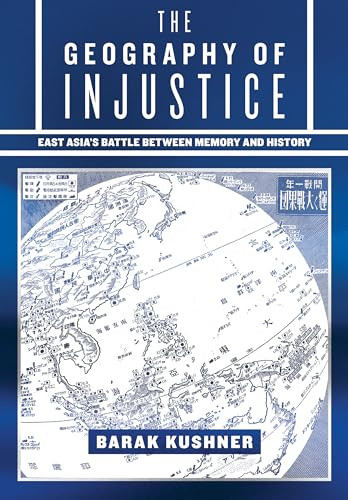

Most ebook files are in PDF format, so you can easily read them using various software such as Foxit Reader or directly on the Google Chrome browser.
Some ebook files are released by publishers in other formats such as .awz, .mobi, .epub, .fb2, etc. You may need to install specific software to read these formats on mobile/PC, such as Calibre.
Please read the tutorial at this link: https://ebookbell.com/faq
We offer FREE conversion to the popular formats you request; however, this may take some time. Therefore, right after payment, please email us, and we will try to provide the service as quickly as possible.
For some exceptional file formats or broken links (if any), please refrain from opening any disputes. Instead, email us first, and we will try to assist within a maximum of 6 hours.
EbookBell Team

4.8
104 reviewsIn 1946 the Allies convened the Tokyo Trial to prosecute Japanese wartime atrocities and Japan's empire. At its conclusion one of the judges voiced dissent, claiming that the justice found at Tokyo was only "the sham employment of a legal process for the satisfaction of a thirst for revenge."
War crimes tribunals, Kushner shows, allow for the history of the defeated to be heard. In contemporary East Asia a fierce battle between memory and history has consolidated political camps across this debate. The Tokyo Trial courtroom, as well as the thousands of other war crimes tribunals opened in about fifty venues across Asia, were legal stages where prosecution and defense curated facts and evidence to craft their story about World War Two. These narratives and counter narratives form the basis of postwar memory concerning Japan's imperial aims across the region. The archival record and the interpretation of court testimony together shape a competing set of histories for public consumption. The Geography of Injustice offers compelling evidence that despite the passage of seven decades since the end of the war, East Asia is more divided than united by history.